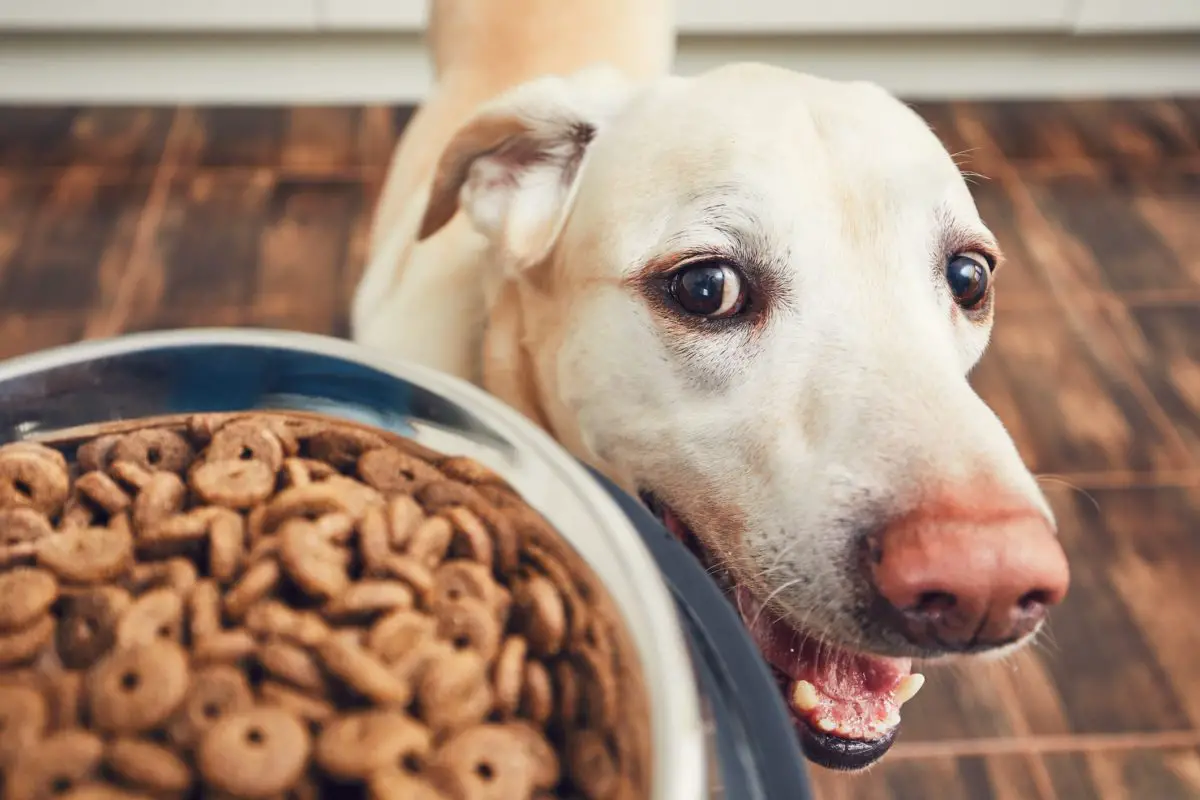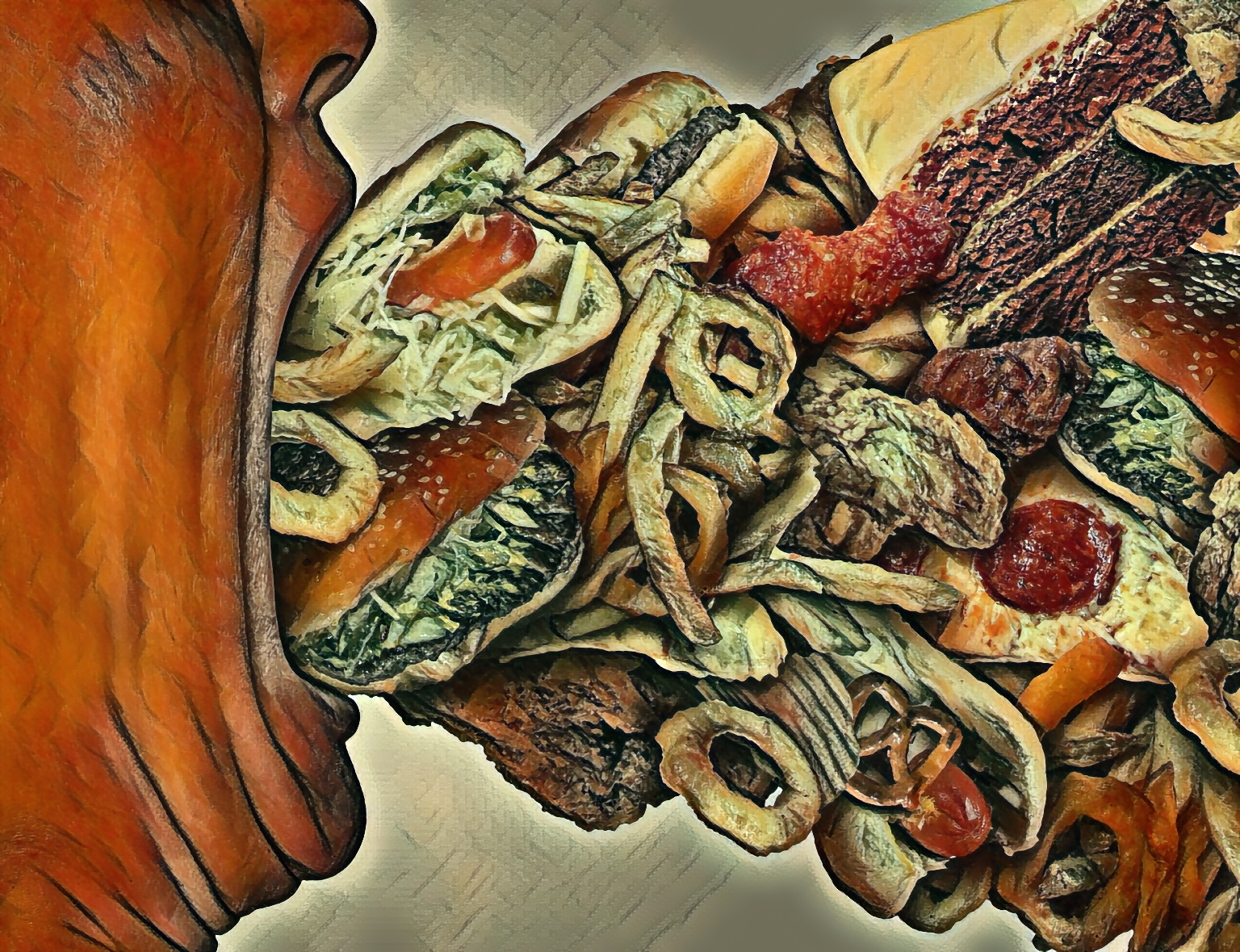Pet nutrition is a complex and often confusing topic. There are a lot of myths and misconceptions out there, and it can be hard to know what’s true and what’s not. In this article, we’ll debunk some of the most common myths about pet nutrition and provide you with the facts you need to keep your furry friend healthy and happy.
Here are the top five myths and misconceptions about pet nutrition, and the truth behind them:
Debunking Common Misconceptions about Pet Nutrition

Misconceptions and myths about pet nutrition are widespread, leading to inappropriate feeding practices that can compromise pet health and well-being. These misconceptions often arise from anecdotal evidence, outdated information, or marketing claims, and can perpetuate harmful beliefs that impact pets’ nutritional status.Addressing
these misconceptions is crucial to promoting optimal pet health. By debunking common myths and providing evidence-based information, pet owners can make informed decisions about their pets’ diets, ensuring their nutritional needs are met and potential health risks are minimized.
Myth: Homemade Diets Are Always Healthier Than Commercial Pet Food
Homemade diets can be nutritionally adequate, but they require careful planning and preparation to ensure they meet a pet’s specific nutritional needs. Commercial pet foods undergo rigorous testing and quality control to ensure they meet established nutritional standards. Pet owners considering homemade diets should consult with a veterinarian or a board-certified veterinary nutritionist to develop a balanced and appropriate recipe.
Myth: Grain-Free Diets Are Better for Pets
While some pets may have grain sensitivities, grain-free diets are not inherently healthier. Grains provide essential nutrients, such as fiber, carbohydrates, and vitamins. Removing grains from a pet’s diet without a specific medical reason can lead to nutritional deficiencies.
Myth: Pets Should Eat the Same Food Every Day
Variety in a pet’s diet is beneficial for maintaining a healthy digestive system and preventing boredom. Rotating between different high-quality pet foods that meet a pet’s nutritional needs can provide a wider range of nutrients and flavors.
Myth: Pets Need to Eat Raw Meat
While some pets may enjoy raw meat, it is not a necessary part of a balanced diet. Raw meat can carry harmful bacteria, such as Salmonella and E. coli, which can cause illness in both pets and humans. Cooked meat is a safer and more nutritious option.
Myth: Overweight Pets Are Just Lazy
Obesity in pets is a complex issue that is often influenced by factors beyond exercise levels. Underlying medical conditions, genetics, and inappropriate feeding practices can contribute to weight gain. Addressing obesity requires a comprehensive approach that includes dietary modifications, increased activity, and veterinary consultation to rule out any underlying health issues.
Myth 1: Pets Should Eat the Same Food Their Owners Do
It is a common misconception that pets can eat the same food as their owners. However, this is not true. Human food is not nutritionally balanced for pets and can contain ingredients that are toxic or harmful to them.
Pets have different nutritional needs than humans. They require a diet that is high in protein and low in carbohydrates. Human food is often high in carbohydrates and low in protein, which can lead to weight gain and other health problems in pets.
Toxic Foods for Pets
Some human foods are toxic to pets and should never be fed to them. These foods include:
- Chocolate
- Grapes
- Raisins
- Macadamia nuts
- Avocados
- Onions
- Garlic
Myth 2: Grain-Free Diets Are Always Healthier for Pets

Grain-free diets have become increasingly popular in recent years, with many pet owners believing that they are a healthier option for their furry friends. However, the truth is that grain-free diets are not always the best choice for pets, and in some cases, they can even be harmful.
Grains are a valuable source of nutrients for pets, including carbohydrates, fiber, vitamins, and minerals. Carbohydrates provide energy, while fiber helps to regulate digestion and maintain a healthy weight. Vitamins and minerals are essential for overall health and well-being.
Potential Benefits of Grain-Free Diets
There are some potential benefits to feeding your pet a grain-free diet, including:
- Reduced risk of allergies: Some pets are allergic to grains, and a grain-free diet can help to reduce the risk of allergic reactions.
- Improved digestion: Some pets with sensitive stomachs may find that a grain-free diet is easier to digest.
- Weight loss: Grain-free diets can be lower in calories than diets that contain grains, which can help pets to lose weight.
Potential Drawbacks of Grain-Free Diets
There are also some potential drawbacks to feeding your pet a grain-free diet, including:
- Nutritional deficiencies: Grain-free diets can be deficient in certain nutrients, such as carbohydrates, fiber, vitamins, and minerals. This can lead to health problems if your pet does not get enough of these nutrients from other sources.
- Increased risk of heart disease: Some studies have shown that grain-free diets may be linked to an increased risk of heart disease in dogs.
- Higher cost: Grain-free diets are often more expensive than diets that contain grains.
How to Choose a Grain-Free Diet
If you are considering feeding your pet a grain-free diet, it is important to choose a diet that is specifically formulated for your pet’s needs. Look for a diet that is made with high-quality ingredients and that is fortified with the nutrients that your pet needs.
You should also talk to your veterinarian before making the switch to a grain-free diet, to ensure that it is the right choice for your pet.
Myth 3: Raw Food Diets Are the Best Option for Pets
Raw food diets for pets have gained popularity in recent years, but it’s crucial to understand both the potential benefits and risks involved before making a decision.Raw food diets typically consist of uncooked meat, bones, organs, and vegetables. Proponents argue that these diets provide a more natural and species-appropriate diet for pets, resembling what they would eat in the wild.
Some potential benefits include improved digestion, skin and coat health, and reduced allergies.However, there are also risks associated with raw food diets. Raw meat can carry bacteria such as Salmonella and E. coli, which can cause illness in both pets and humans.
Bones can splinter and cause digestive issues or even puncture the intestines. Additionally, raw food diets may not be nutritionally balanced, leading to deficiencies or excesses of certain nutrients.
Food Safety
If you choose to feed your pet a raw food diet, it’s essential to prioritize food safety. Purchase meat from reputable sources and handle it carefully to avoid cross-contamination. Wash your hands thoroughly before and after handling raw meat, and clean all surfaces and utensils that come into contact with it.
Transitioning Your Pet
Transitioning your pet to a raw food diet should be done gradually over a period of several weeks. Start by mixing a small amount of raw food into your pet’s regular diet and gradually increase the proportion of raw food over time.
Monitor your pet closely for any signs of digestive upset or other health issues.It’s important to consult with your veterinarian before making any significant changes to your pet’s diet, including switching to a raw food diet. They can assess your pet’s individual needs and provide guidance on how to make the transition safely and effectively.
Myth 4: Homemade Pet Food is Always Healthier than Commercial Food
While preparing homemade pet food can offer certain benefits, it’s essential to be aware of both its potential advantages and drawbacks.Homemade pet food can provide control over ingredients, allowing pet owners to avoid specific allergens or undesirable additives. It can also be more cost-effective in some cases.
However, ensuring a balanced diet that meets all your pet’s nutritional needs requires careful recipe formulation and supplementation.
Importance of Balanced Recipes
Commercial pet food is typically formulated by veterinary nutritionists to provide a complete and balanced diet. Homemade recipes must adhere to similar principles to prevent nutritional deficiencies or imbalances. This includes meeting specific requirements for protein, carbohydrates, fats, vitamins, and minerals.Consulting
with a veterinarian or a qualified animal nutritionist is crucial to develop a homemade diet that is tailored to your pet’s individual needs and health conditions.
Tips for Safe Preparation
To ensure the safety of homemade pet food, follow these guidelines:
- Use fresh, high-quality ingredients.
- Cook meat thoroughly to kill bacteria.
- Avoid using raw eggs or dairy products.
- Store homemade food properly in airtight containers in the refrigerator or freezer.
- Discard any uneaten food after a few days.
Last Point
Now that you know the truth about these common myths and misconceptions, you can make informed decisions about your pet’s diet. By following the advice of your veterinarian and feeding your pet a healthy, balanced diet, you can help them live a long, happy, and healthy life.
Frequently Asked Questions
Is it okay to feed my pet the same food I eat?
No, it is not okay to feed your pet the same food you eat. Human food is not nutritionally balanced for pets, and it can contain ingredients that are harmful to them, such as onions, garlic, and chocolate.
Are grain-free diets always healthier for pets?
No, grain-free diets are not always healthier for pets. In fact, some grain-free diets have been linked to heart disease in dogs. If you are considering feeding your pet a grain-free diet, talk to your veterinarian first.
Are raw food diets the best option for pets?
No, raw food diets are not the best option for pets. Raw food diets can contain harmful bacteria, and they can be difficult to balance nutritionally. If you are considering feeding your pet a raw food diet, talk to your veterinarian first.
Is homemade pet food always healthier than commercial food?
No, homemade pet food is not always healthier than commercial food. In fact, homemade pet food can be dangerous if it is not prepared properly. If you are considering making your own pet food, talk to your veterinarian first.




